Living in an apartment or dorm room can be extremely stifling. It always seems like you have to figure out some way to fit your whole life in the confines of the four walls, resulting in some pretty interesting furniture placement decisions. I had been living in my apartment for about six months with my bedroom furniture in the same arrangement (an arrangement I didn't particularly love) because I felt like it optimized my floor space, made the room look a little bigger, and (I thought) there were almost no other options. Of course, I was wrong.
For a long time, feng shui seemed like a strange, far-off idea that would never actually work for me, especially while living in such a small space. Thankfully, my mother (the semi-hippie) has recommended it enough times that I actually gave in. The idea of energy flow through the placement and colors of your furniture seems weird, but it works! Here's how you can feng shui your own space.
1. Bed placement
Arguably one of the most important parts of organizing your room is figuring out the ideal placement of your bed. There are a few rules to keep in mind. Don't place your bed near a window, especially the head of the bed, because this will direct your energy out of the room while you sleep. You should also avoid having the foot of the bed facing the door. This is called "corpse pose" as it mimics a body being taken out of a room on a stretcher. Some small things to keep in mind would be to avoid storing things under your bed and making sure you have both sides of the bed open (not against a wall) because it invites others into your bed, meaning it's beneficial to relationships.
2. Cut corners
Avoiding straight lines in the room allows energy to flow better throughout the room. If you can, catty-corner things like a chair or your desk (if you have enough room), or you can place a small plant in an empty corner to avoid stagnation of energy in that space.
3.Cool and earthy tones
Most people know it's nice to have cool tones to invoke peace, or warm tones to be nice and inviting in your bedroom. If you have bright orange or neon green, it becomes too much of a stimulant for a calm place of rest. Things like bedding should reflect the mood you'd like to have in your room. Personally, I like cool blues and crisp whites because they're calming and look nice and clean. Others might prefer warm beiges and soft pinks to make it a nice, cozy place to curl up.
4. Soft lighting
Try to have light that is directed upwards and avoid chandeliers or other light fixtures that direct the light straight down. The light traveling upwards keeps it from being too harsh, softening the feel of the room. I also prefer soft, yellow-hued light bulbs rather than the bright, white light bulbs to keep everything nice and warm.
5. Mirrors
Mirrors are tricky because they can add so much depth and space to a small area, but there are a few rules to keep in mind. Don't hang a mirror directly over, in front of, or next to your bed. The idea with mirrors is that they multiply what they reflect, so maybe capture the reflection of nice flowers or the window, but try not to capture your computer, because that will multiply the work/stress in your life. I definitely advocate the use of a mirror in a small space, though! Just make sure it's placed strategically.
6. A little green
Some final touches are always nice. Plants create life in the small space you have. If you're like me and somehow cannot care for a real plant for whatever reason, invest in some small fake plants to place around your room. I have some pink tulips on my desk and a little fern on my dresser that really brighten up the room despite being so small. The devil is in the details, right?
Keep in mind, there are plenty of other ways to use feng shui in your room, like specific placements to encourage wealth, power, success, love, etc. These are just some simple rules to start you off! I highly recommend implementing them. Since feng shui-ing my room, the space just feels better. Take it from a previous skeptic.


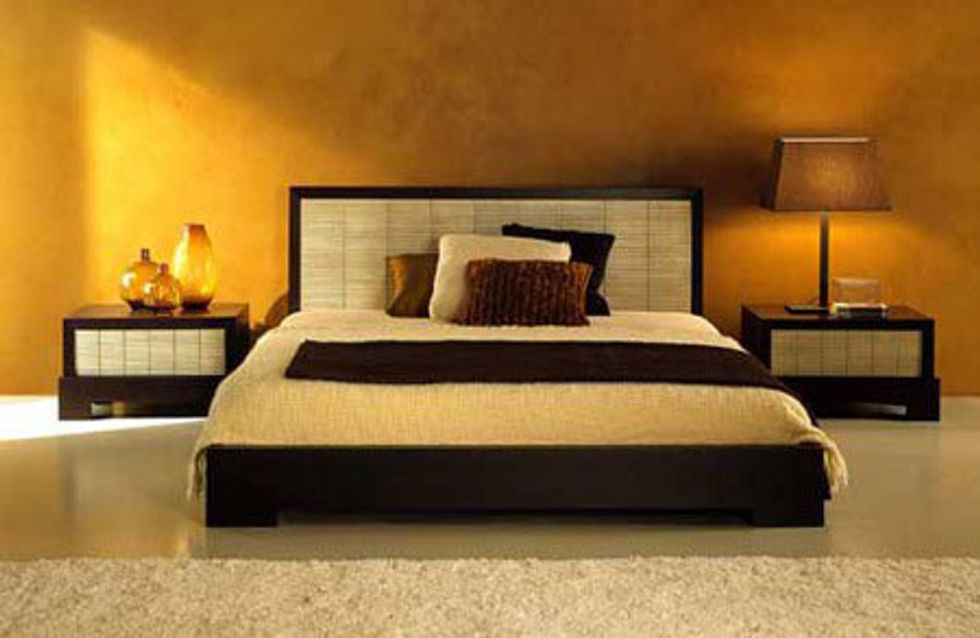

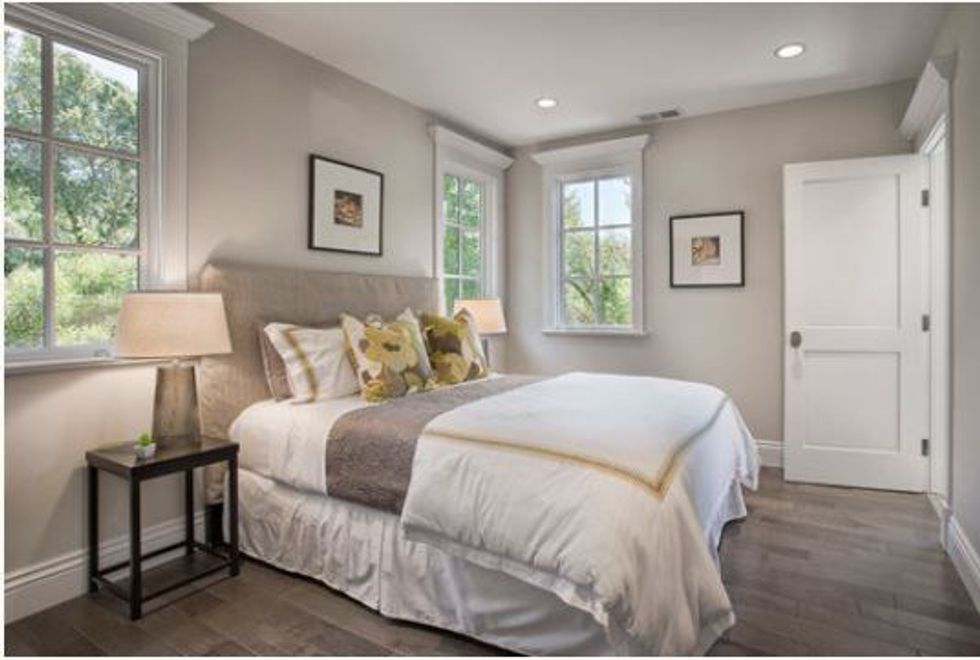
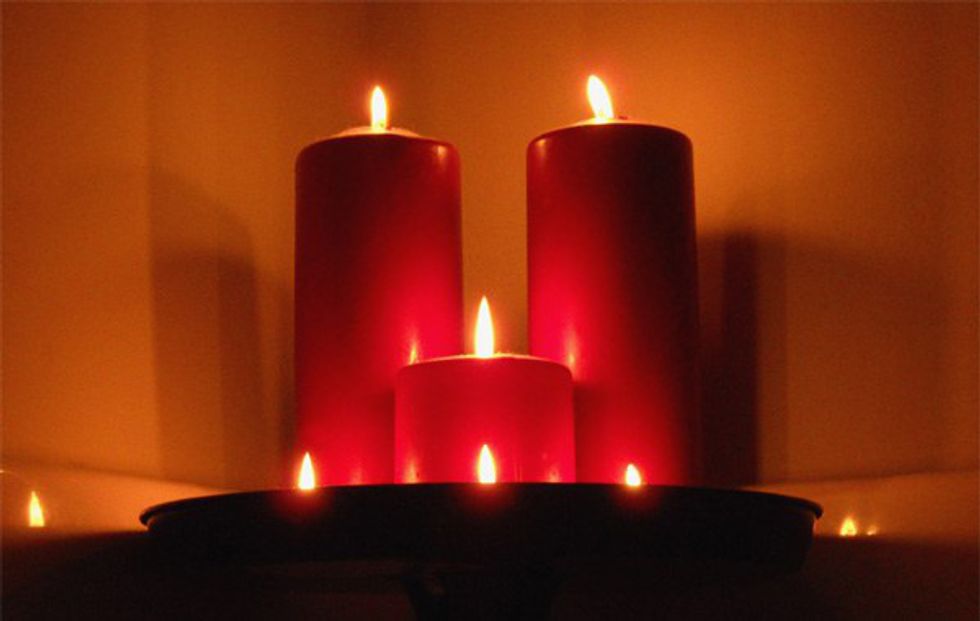
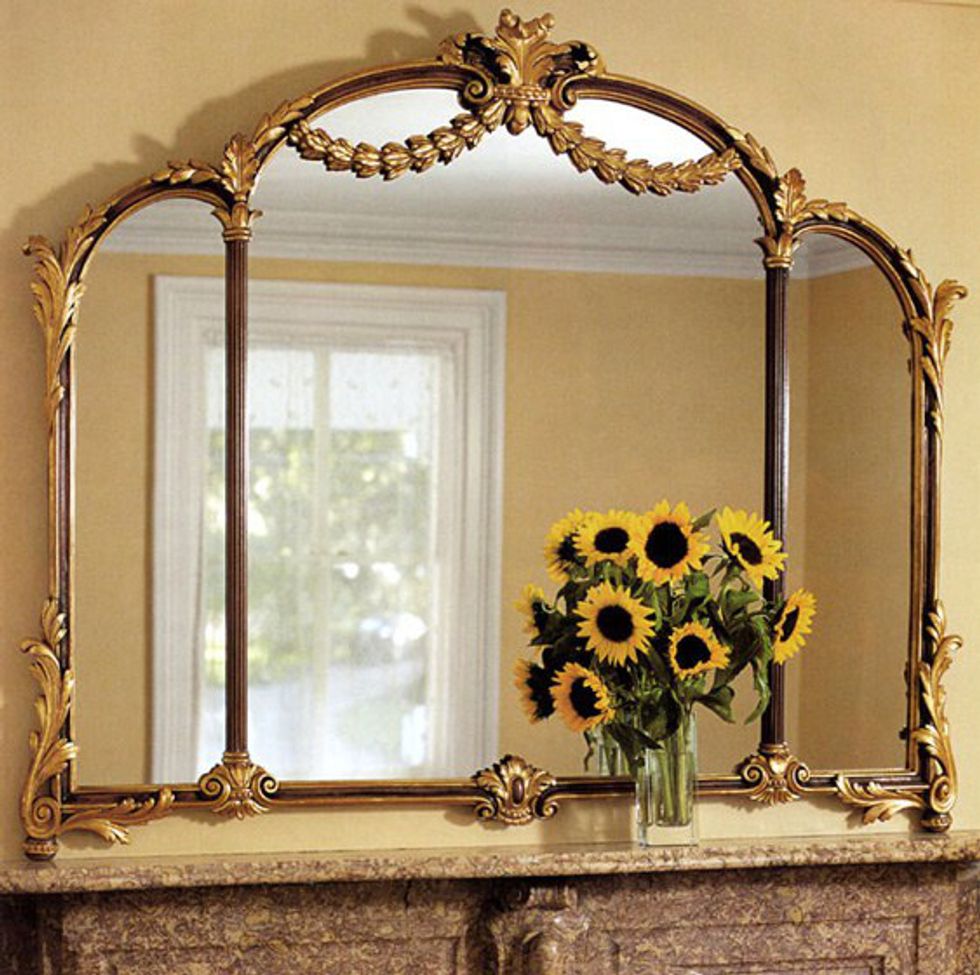
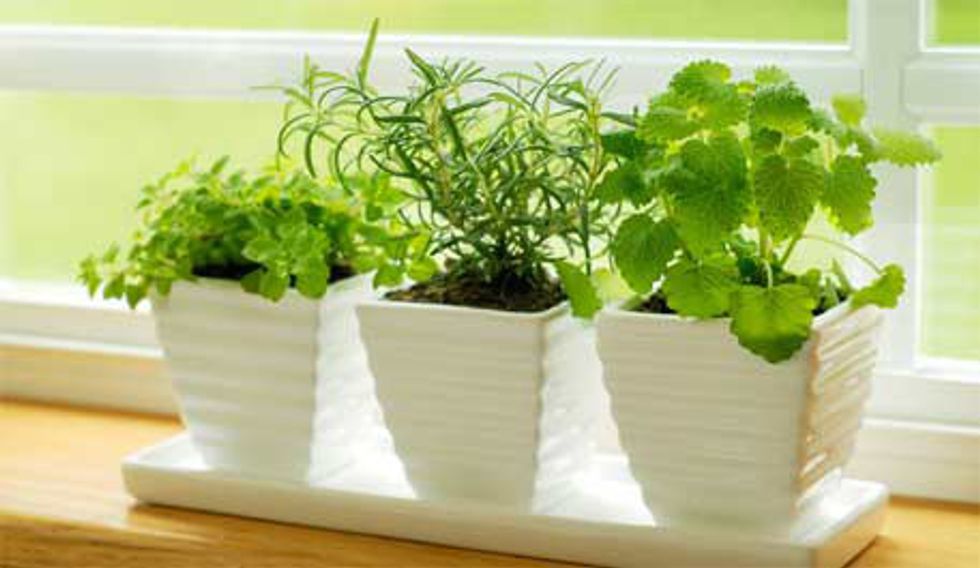

 Photo by
Photo by 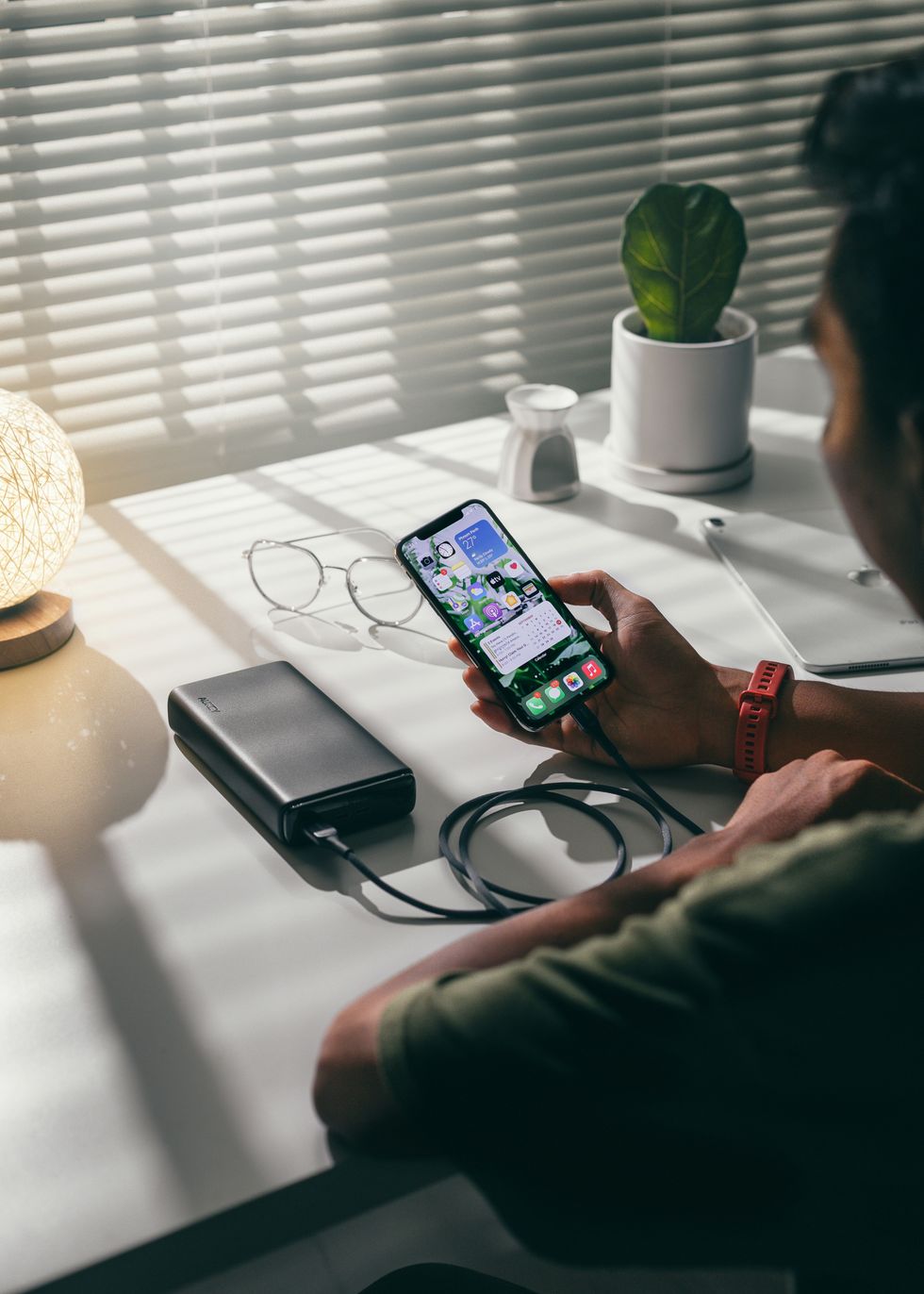 person holding black smartphone on white textile
Photo by
person holding black smartphone on white textile
Photo by  StableDiffusion
StableDiffusion
 Photo by
Photo by  Photo by
Photo by 
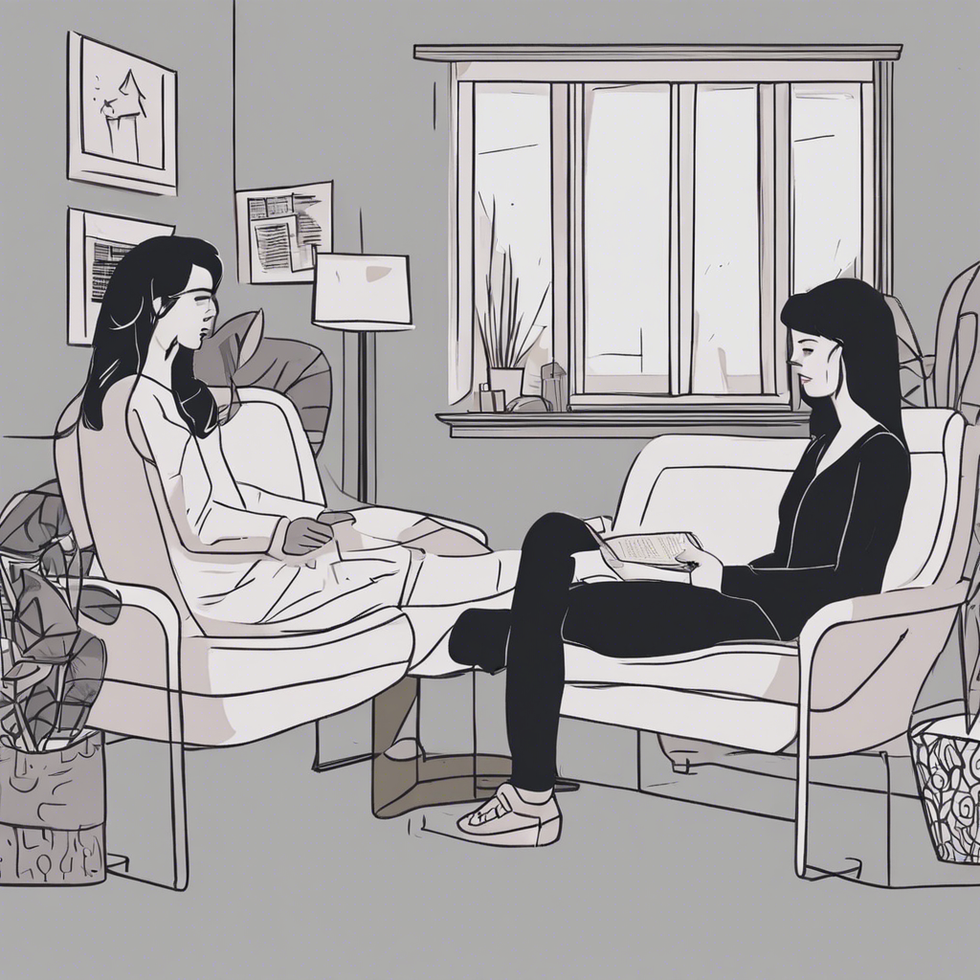 roommate as a therapist
StableDiffusion
roommate as a therapist
StableDiffusion
 woman in white shirt eating pizza
Photo by
woman in white shirt eating pizza
Photo by  person holding remote pointing at TV
Photo by
person holding remote pointing at TV
Photo by  person holding assorted clothes in wooden hanger
Photo by
person holding assorted clothes in wooden hanger
Photo by  a couple of
a couple of  friends cleaning apartment
StableDiffusion
friends cleaning apartment
StableDiffusion
 man driving car during golden hour
Photo by
man driving car during golden hour
Photo by  bacon strips and melted cheese topped fries on oval white and blue platter with gray stainless steel forks
Photo by
bacon strips and melted cheese topped fries on oval white and blue platter with gray stainless steel forks
Photo by 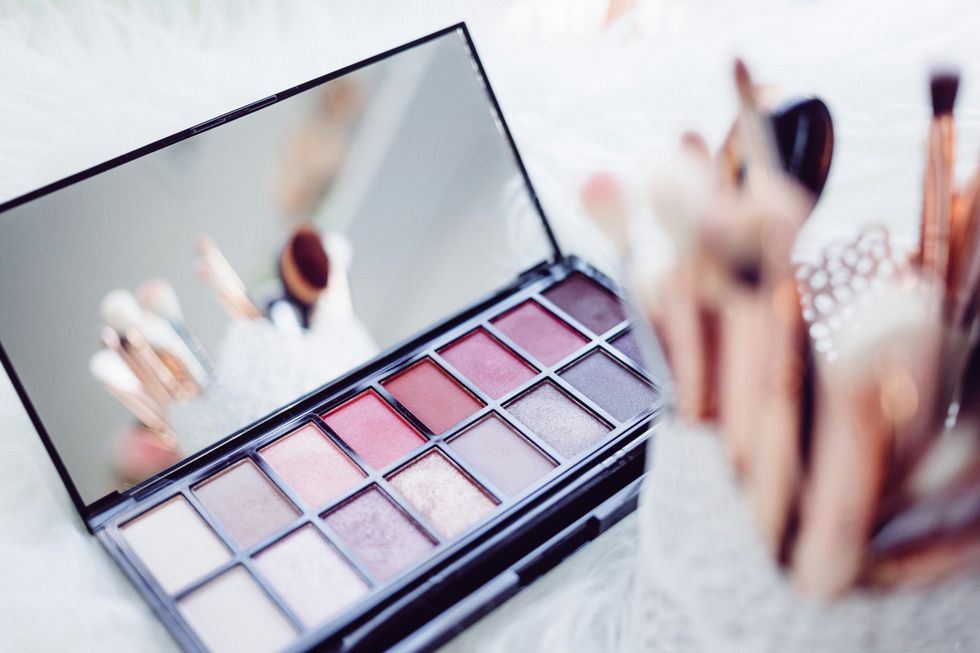 selective focus photography of eyeshadow palette
Photo by
selective focus photography of eyeshadow palette
Photo by  brown wooden framed white padded chair in between green indoor leaf plants inside bedroom
Photo by
brown wooden framed white padded chair in between green indoor leaf plants inside bedroom
Photo by  women forming
women forming  taking
taking  man in red polo shirt pouring wine on clear wine glass
Photo by
man in red polo shirt pouring wine on clear wine glass
Photo by  woman in black jacket standing on road during daytime
Photo by
woman in black jacket standing on road during daytime
Photo by 
 StableDiffusion
StableDiffusion
 StableDiffusion
StableDiffusion
 student thinking i shouldnt have procrastinated all semester
StableDiffusion
student thinking i shouldnt have procrastinated all semester
StableDiffusion
 Photo by
Photo by  Photo by
Photo by  Photo by
Photo by  StableDiffusion
StableDiffusion
 StableDiffusion
StableDiffusion
 Photo by
Photo by  Photo by
Photo by 


 Lumiere figure at the Disney Store at the Ala Moana Shoppi… | Flickr
Lumiere figure at the Disney Store at the Ala Moana Shoppi… | Flickr








 StableDiffusion
StableDiffusion StableDiffusion
StableDiffusion 10. Extra BlanketsJuwenin Home 100% Cotton Knitted Throw Blanket
10. Extra BlanketsJuwenin Home 100% Cotton Knitted Throw Blanket StableDiffusion
StableDiffusion StableDiffusion
StableDiffusion File:Kishlaru familie.jpg - Wikimedia Commons
File:Kishlaru familie.jpg - Wikimedia Commons Photo by Hanna Balan on Unsplash
Photo by Hanna Balan on Unsplash StableDiffusion
StableDiffusion black blue and yellow round illustrationPhoto by
black blue and yellow round illustrationPhoto by 









